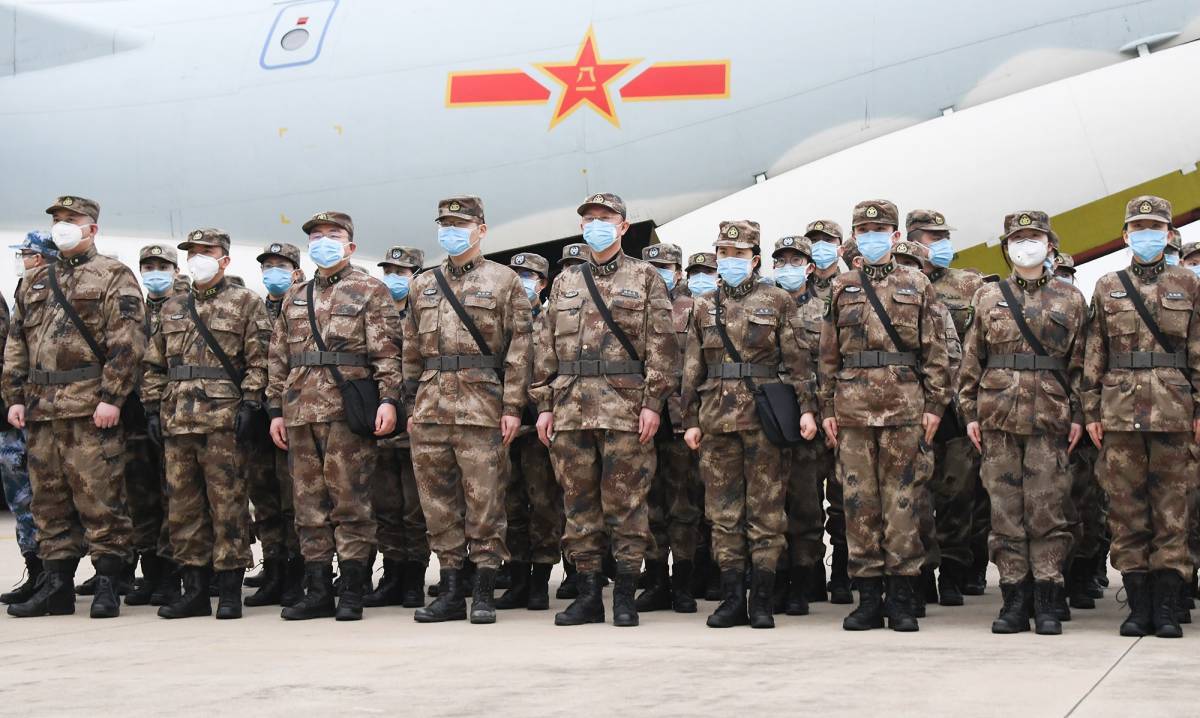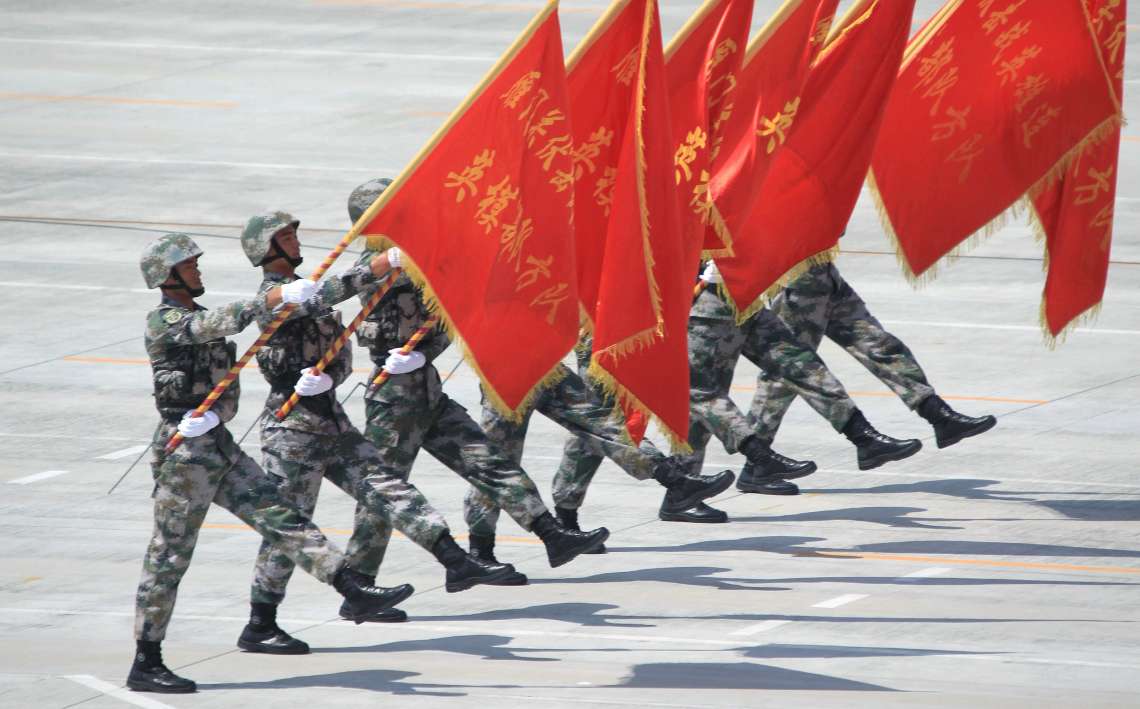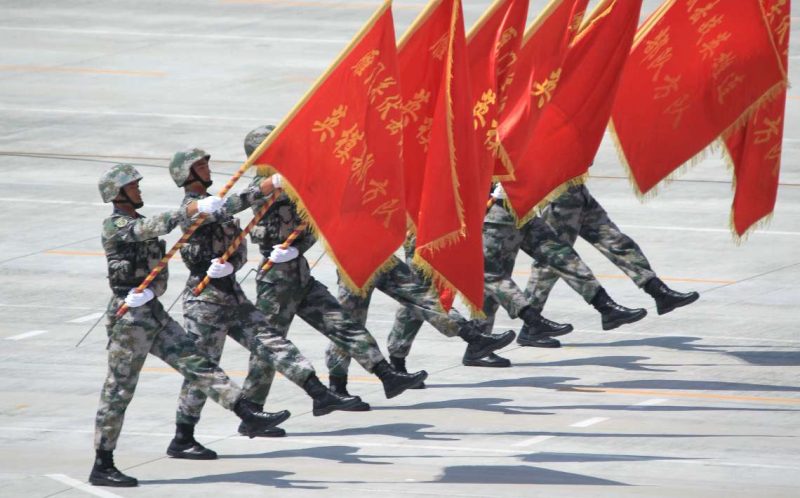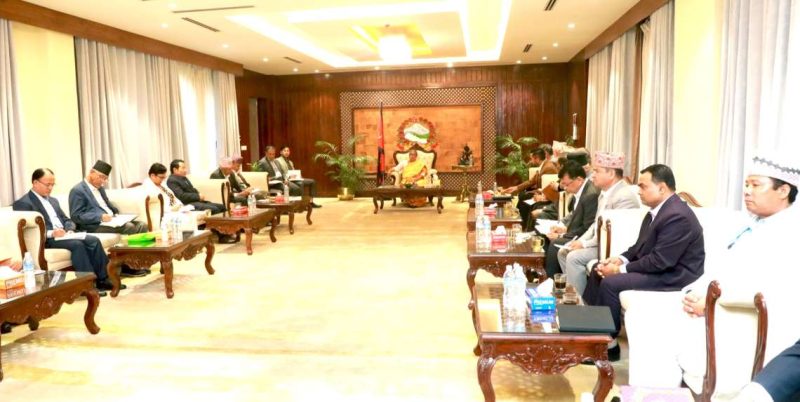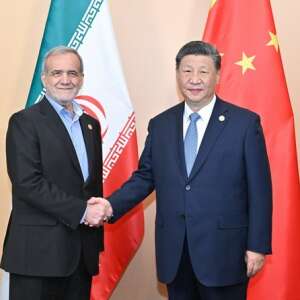China recently submitted a position paper on regulating the military applications of artificial intelligence to the sixth review conference of the United Nations Convention on Certain Conventional Weapons (CCW)….reports Asian Lite News
In an effort to misuse civilian data for military purposes, China proposes to regulate applications of artificial intelligence capable of transforming the international security paradigm.
For dual-use technology like AI, a clear distinction in the civil or military application of data might be difficult. For example, civilian data can be used to train an AI model, and this trained model can then be used for military purpose., according to Asia Times.
China recently submitted a position paper on regulating the military applications of artificial intelligence to the sixth review conference of the United Nations Convention on Certain Conventional Weapons (CCW).
Further, the takeaway from this position paper is that countries should debate, discuss, and perhaps eschew the weaponization of Artificial Intelligence.
Also, the proposal is Beijing’s formal acknowledgement of AI as a technology capable of transforming the international security paradigm.
Many countries, including the US and China, are trying to leverage the advantages of AI in military applications.
Additionally, for technological security, China’s position paper emphasizes the centrality of human intervention and data security, along with a restriction on the military use of AI data.

Earlier, the move to propose regulations on the weaponization of AI could also mean the People’s Liberation Army has achieved a desired level of sophistication in it’s application.
On the other hand, PLA plans to achieve a certain level of sophistication by the time discussion on AI reaches a consensus.
Meanwhile, the distinction between strict military applications and civilian applications is also blurred. For example, the face-detection technology used for security checkpoints can also be used to eliminate key leaders during war, according to Asia Times.
Hence blanket regulation on AI is not possible, and the caveats in China’s proposal might in effect render it meaningless.
Also, current applications of AI are in decision-making, battlefield simulations, increasing precision, reducing reaction time, etc and these applications cannot typically start a war.
However, the possibility of miscalculation or a misfire from a fully autonomous system can never be refuted, according to Asia Times. (ANI)


